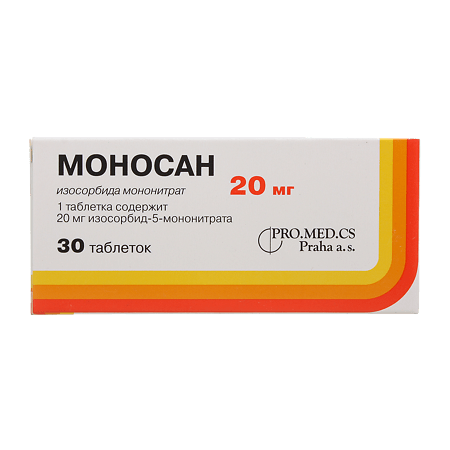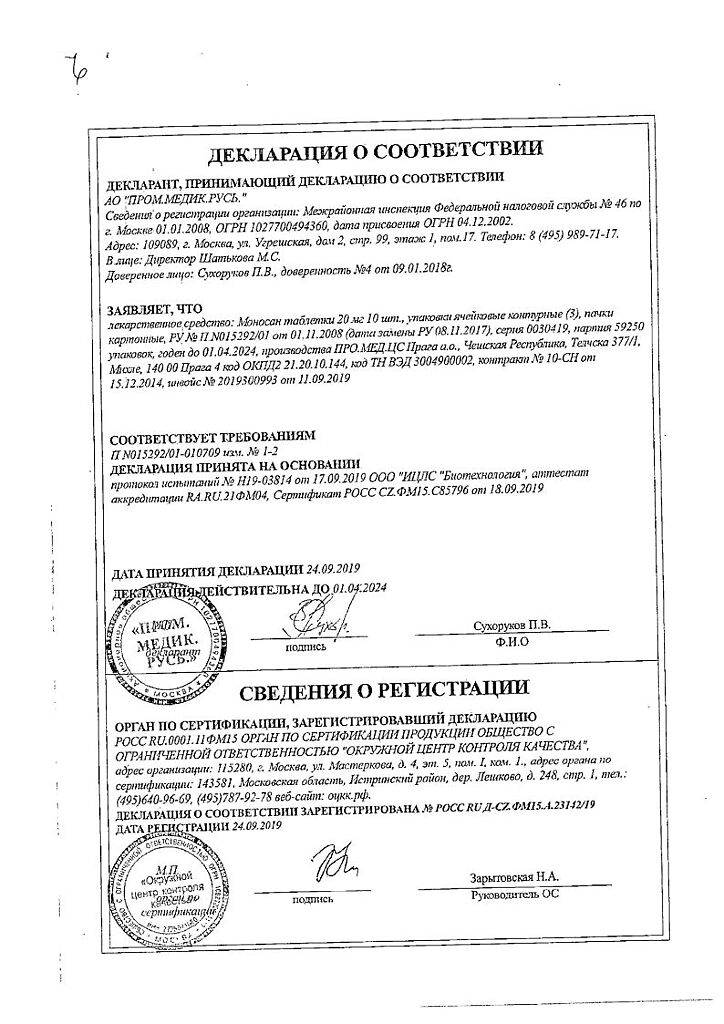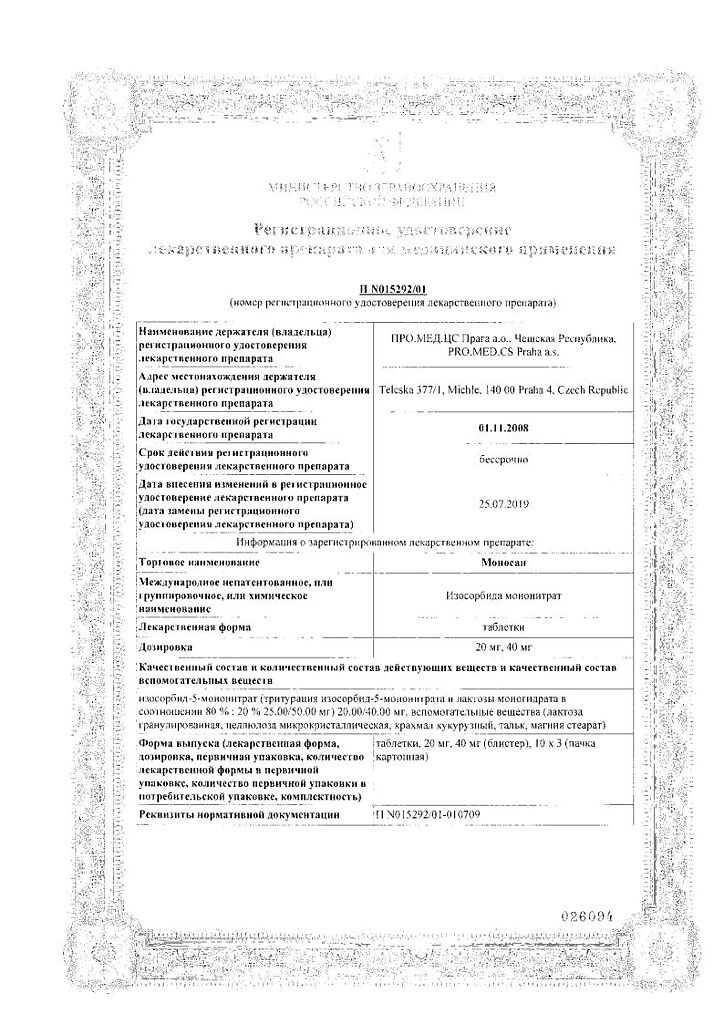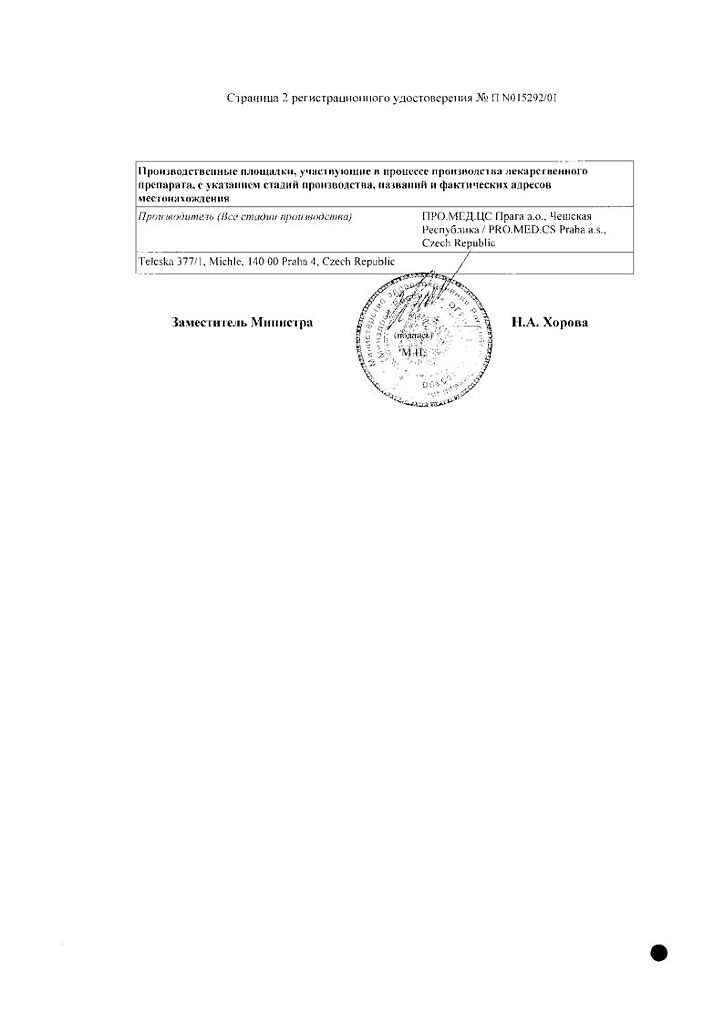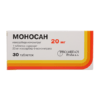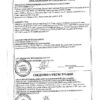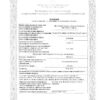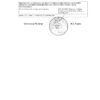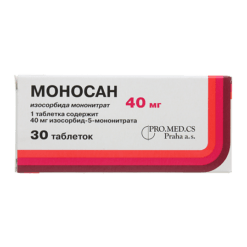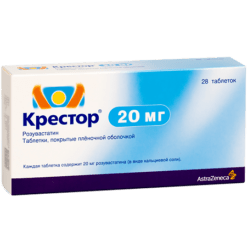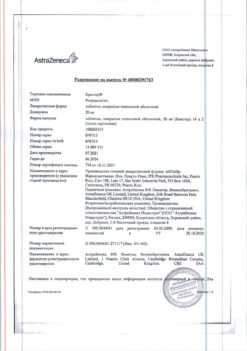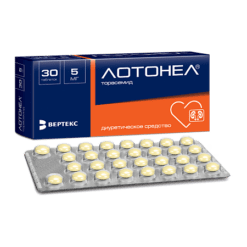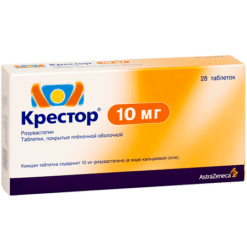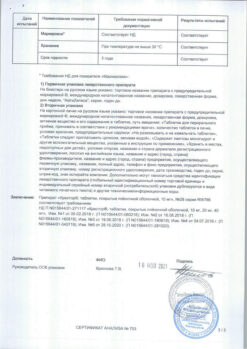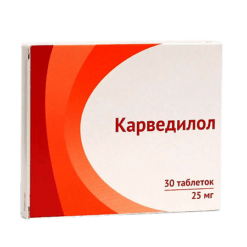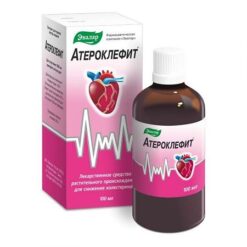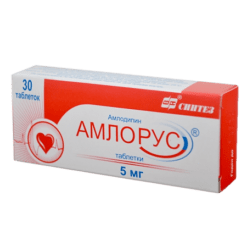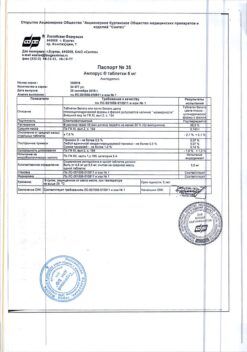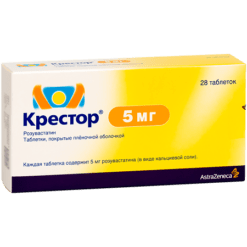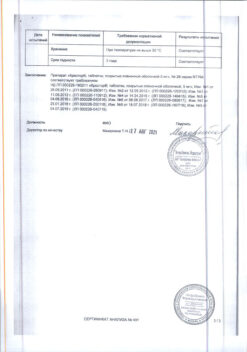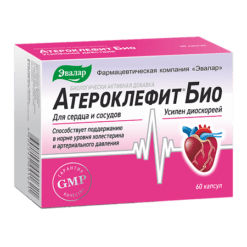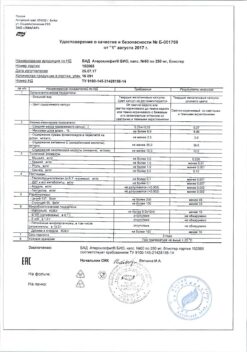No products in the cart.
Monosan, tablets 20 mg 30 pcs
€3.32 €3.02
Description
Monosan is an antianginal drug. Peripheral vasodilator with predominant effect on venous vessels. It stimulates formation of nitric oxide (endothelial relaxing factor) in vascular endothelium, causing activation of intracellular guanylate cyclase, consequence of which is increase of cGMP level (mediator of vasodilation).
Limits myocardial oxygen demand by reducing preload and postload. It has coronary dilator effect. It reduces blood flow to the right atrium and promotes reduction of pressure in the small circle of circulation and regression of symptoms in pulmonary edema.
It promotes redistribution of coronary blood flow in the area with reduced blood supply.
Enhances tolerance to physical activity in patients with coronary heart disease, angina pectoris. It dilates the blood vessels of the brain and dura mater, which may be accompanied by headache.
As with other nitrates, cross-tolerance to the drug develops. After withdrawal (discontinuation of treatment), sensitivity to the drug is quickly restored. Antianginal effect develops 30-45 min after drug intake and lasts up to 8-10 h.
The antianginal effect develops.
Indications
Indications
– prevention of angina attacks in patients with coronary artery disease;
— chronic heart failure (as part of combination therapy);
– pulmonary hypertension, cor pulmonale (as part of combination therapy).
Pharmacological effect
Pharmacological effect
Monosan is an antianginal drug. Peripheral vasodilator with a predominant effect on venous vessels. Stimulates the formation of nitric oxide (endothelial relaxing factor) in the vascular endothelium, causing activation of intracellular guanylate cyclase, which results in an increase in the level of cGMP (a vasodilation mediator).
Reduces myocardial oxygen demand by reducing preload and afterload. Has a coronary dilating effect. Reduces blood flow to the right atrium, helps reduce pressure in the pulmonary circulation and regression of symptoms of pulmonary edema.
Promotes redistribution of coronary blood flow in areas with reduced blood supply.
Increases exercise tolerance in patients with coronary artery disease and angina pectoris. Dilates blood vessels in the brain and dura mater, which may be accompanied by headache.
As with other nitrates, cross-tolerance develops to the drug. After discontinuation (break in treatment), sensitivity to the drug is quickly restored. The antianginal effect develops 30-45 minutes after taking the drug and lasts up to 8-10 hours.
Special instructions
Special instructions
Monosan is not used to relieve angina attacks.
During therapy, it is necessary to monitor blood pressure and heart rate.
If it is necessary to use the drug against the background of arterial hypotension, drugs that have a positive inotropic effect should be taken simultaneously.
Frequent use and use in high doses may cause the development of tolerance; in this case, after 3-6 weeks of regular use, it is recommended to discontinue Monosan for 24-48 hours or break therapy for 3-5 days and replace the drug with other antianginal drugs during this time.
It is necessary to avoid abrupt withdrawal of the drug and reduce the dose gradually.
Influence on the ability to drive vehicles and operate machinery.
During the period of use of the drug, a decrease in the patient’s psychomotor reactions is possible, so you should drive vehicles with caution and engage in potentially hazardous activities that require increased concentration and speed of psychomotor reactions.
Active ingredient
Active ingredient
Isosorbide mononitrate
Composition
Composition
1 tab. contains:
Active substances:
isosorbide-5-mononitrate 20 mg.
Excipients:
microcrystalline cellulose,
corn starch,
magnesium stearate,
granulated lactose,
talc.
Pregnancy
Pregnancy
The use of Monosan during pregnancy is possible only in cases where the expected benefit to the mother outweighs the potential risk to the fetus.
Contraindications
Contraindications
– arterial hypotension and arterial hypovolemia (systolic blood pressure below 100 mm Hg, diastolic pressure below 60 mm Hg, central venous pressure below 4-5 mm Hg);
– shock, vascular collapse;
— left ventricular failure with low diastolic pressure;
— acute myocardial infarction (with severe arterial hypotension);
— cardiac tamponade;
— shock;
– toxic pulmonary edema;
– diseases accompanied by increased intracranial pressure (including hemorrhagic stroke, traumatic brain injury);
— angle-closure glaucoma;
– lactation (breastfeeding);
– children and adolescents up to 18 years of age;
– hypersensitivity to the components of the drug Monosan and to other nitrates.
With caution: with aortic and/or mitral stenosis, with a tendency to orthostatic disorders of vascular regulation, with constrictive pericarditis, in elderly patients, with severe anemia, thyrotoxicosis, with hypertrophic cardiomyopathy (possible increased frequency of angina attacks), with liver failure (risk of developing methemoglobinemia), severe renal failure.
Side Effects
Side Effects
From the cardiovascular system: “nitrate” headache, dizziness, transient flushing of the facial skin, feeling of heat, tachycardia, marked decrease in blood pressure; rarely – paradoxical intensification of angina attacks, orthostatic collapse.
From the digestive system: nausea, vomiting, dry mouth, possible slight burning sensation of the tongue.
From the side of the central nervous system: stiffness, drowsiness, blurred vision, decreased ability for rapid mental and motor reactions (especially at the beginning of treatment); rarely – cerebral ischemia.
Allergic reactions: skin rash; rarely – exfoliative dermatitis.
Other: development of tolerance (including cross-tolerance to other nitrates).
Interaction
Interaction
When used together, Monosan increases the concentration of dihydroergotamine in the blood plasma.
When used in combination, barbiturates accelerate biotransformation and reduce the concentration of isosorbide mononitrate in the blood plasma.
When isosorbide mononitrate is used together with antihypertensive drugs, peripheral vasodilators, antipsychotics (neuroleptics), tricyclic antidepressants, procainamide, ethanol, quinidine, beta-blockers, slow calcium channel blockers, dihydroergotamine, sildenafil, the hypotensive effect may be enhanced.
When combining amiodarone, propranolol, slow calcium channel blockers (verapamil, nifedipine, etc.), acetylsalicylic acid and isosorbide mononitrate, the antianginal effect may be enhanced.
When used together with beta-adrenergic stimulants and alpha-blockers, the severity of the antianginal effect may be reduced (development of tachycardia, excessive reduction in blood pressure).
When used in combination with m-anticholinergic drugs (atropine), the likelihood of increased intraocular pressure increases.
When taken simultaneously, adsorbents, astringents and enveloping agents reduce the absorption of isosorbide mononitrate from the gastrointestinal tract.
Overdose
Overdose
Symptoms: headache, dizziness, palpitations, hyperthermia, skin flushing, sweating, nausea, vomiting, diarrhea, methemoglobinemia (cyanosis, anoxia), hyperpnea, dyspnea, bradycardia, convulsions, visual disturbances, increased intracranial pressure, collapse, fainting, paralysis, coma.
Treatment: gastric lavage; for methemoglobinemia – ascorbic acid 1 g orally or intravenously, intravenously – 1% solution of methylthioninium chloride (methylene blue) at a dose of 1-2 mg/kg body weight. Symptomatic therapy for severe arterial hypotension is IV phenylephrine (epinephrine and related compounds are ineffective).
Storage conditions
Storage conditions
At a temperature not exceeding 25 °C
Shelf life
Shelf life
5 years
Manufacturer
Manufacturer
PRO.MED.CS Prague, Czech Republic
Additional information
| Shelf life | 5 years |
|---|---|
| Conditions of storage | At a temperature not exceeding 25 °C |
| Manufacturer | PRO.MED.CS Prague, Czech Republic |
| Medication form | pills |
| Brand | PRO.MED.CS Prague |
Other forms…
Related products
Buy Monosan, tablets 20 mg 30 pcs with delivery to USA, UK, Europe and over 120 other countries.

